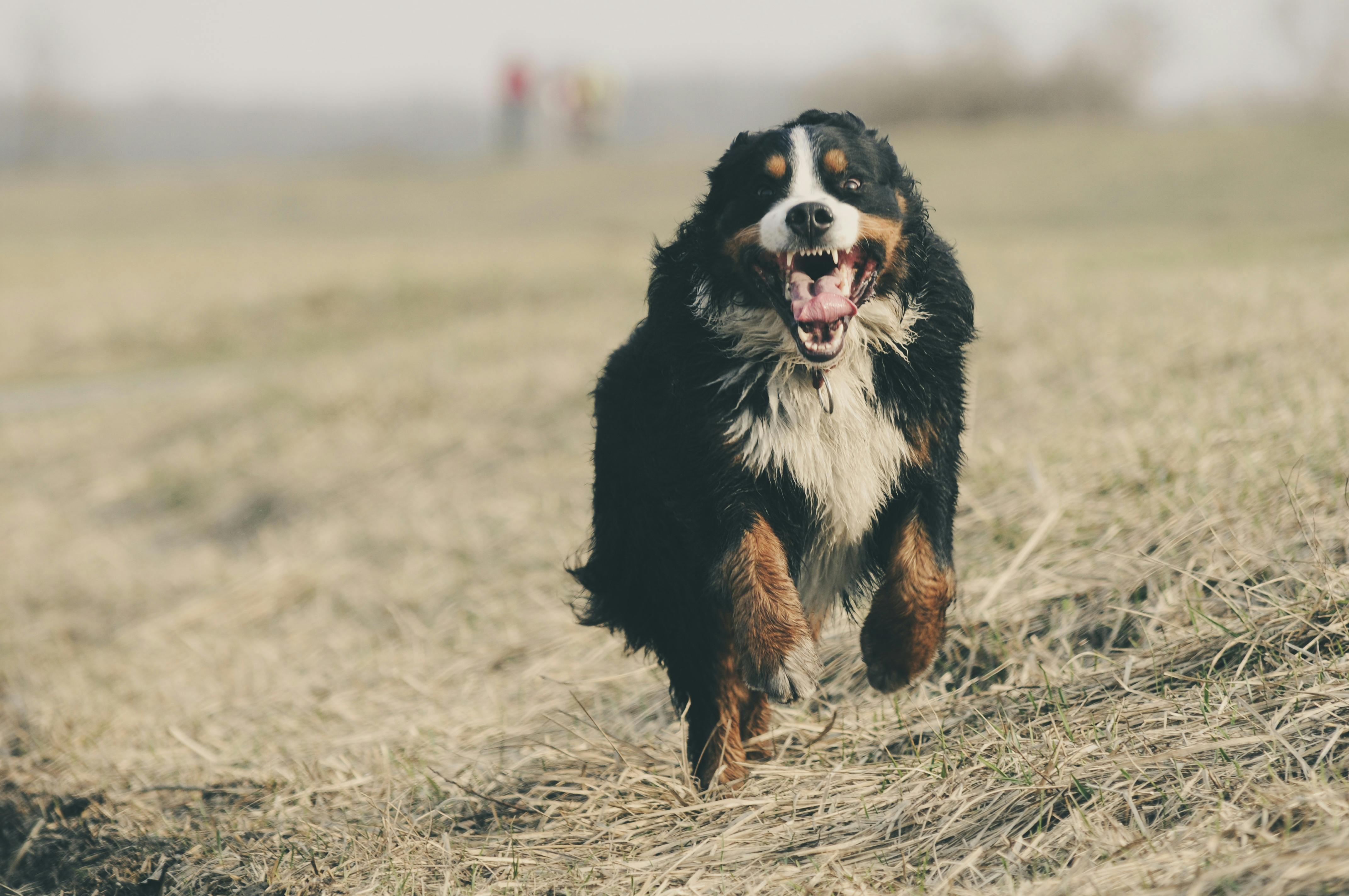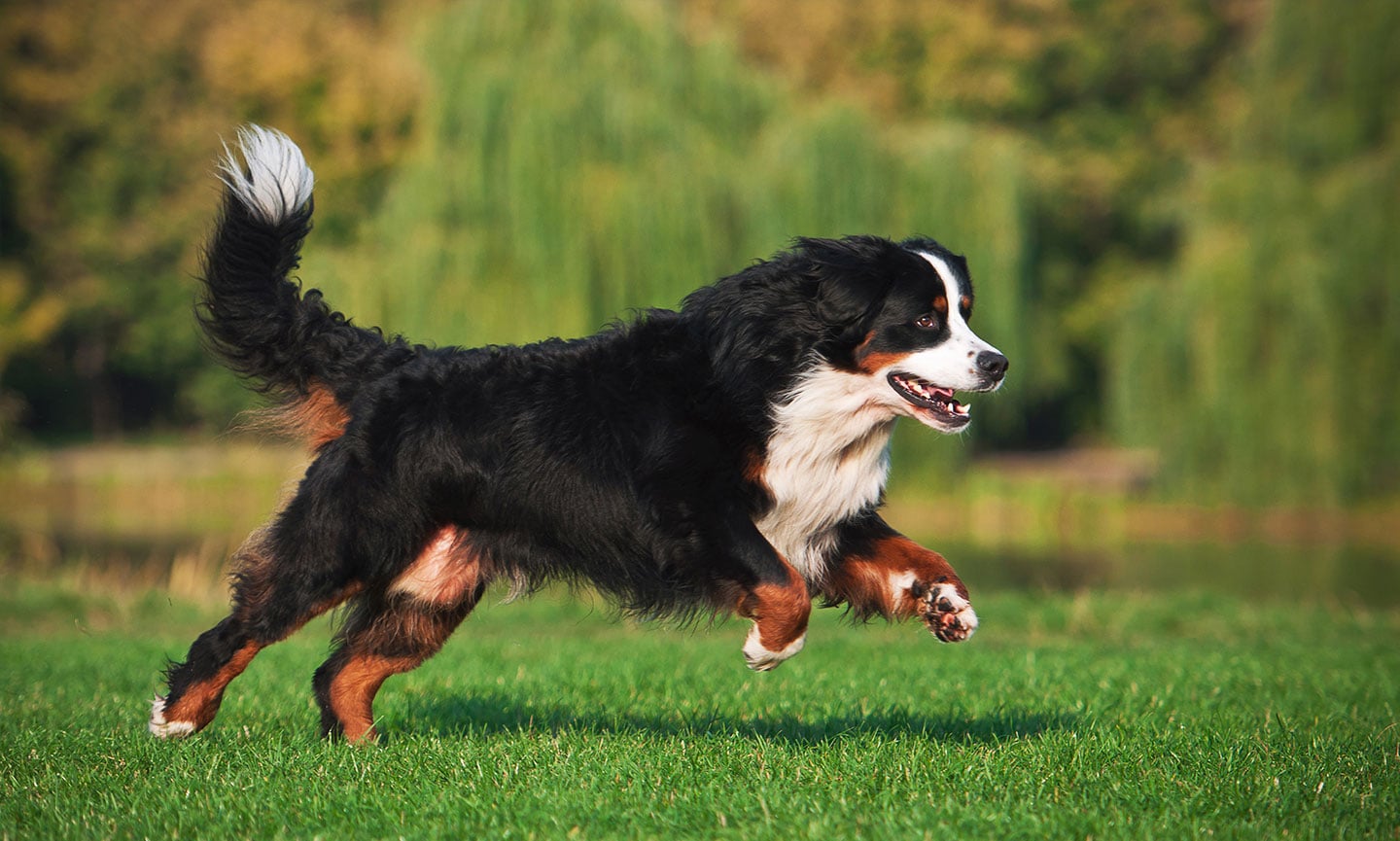Table Of Content

Like every dog, the Swissy needs early socialization–exposure to many different people, sights, sounds, and experiences–when they’re young. Socialization helps ensure that your Swissy puppy grows up to be a well-rounded dog. Inviting visitors over regularly, and taking your dog to busy parks, stores that allow dogs, and on leisurely strolls to meet neighbors will also help them polish their social skills. The Greater Swiss Mountain Dog, often referred to simply as the Swissy, is a majestic and robust breed known for its strength, loyalty, and gentle nature. Originating in the Swiss Alps, this breed has a rich history of serving as a working dog, primarily used for herding cattle and guarding farms. It is one of the four Swiss Mountain Dog breeds, along with the Bernese Mountain Dog, the Appenzeller Sennehund, and the Entlebucher.

Exercise Requirements
4) Walking on a leash – Voice commands and road safety awareness is a must as this puppy bores easily and has a strong working instinct and it might just dash off. They do not have a high endurance level but can raise the energy they need in bursts and even go hiking with their dog owner or family. The trainability of a Berner dog should be easy as it’s a good tracker and herder and learns quickly.

Training dogs with a potential for mouthiness
With proper socialization, they can be open to meeting strangers and are quite affectionate with their families. They make good watchdogs, though some can bark more than you might desire. Both breeds can make amazing companions for knowledgeable owners or for the owner willing to learn what these large breeds require. But research potential breeders to be sure the pet you bring home is healthy and well-bred.
Appenzeller Sennenhund
Dewclaws, particularly when not closely attached, can snag on objects or tear accidentally, leading to discomfort or complications. Consequently, breeders sometimes opt to remove the double dewclaws shortly after birth. Interestingly, some modern breeders choose to address the presence of double dewclaws in a different light. While these appendages are a testament to the breed’s historical role, their positioning can sometimes make them susceptible to injury. The Greater Swiss Mountain Dog, hailing from the same Swiss lineage, often shares a comparable height range of around 23 – 28in at the shoulder. These dogs also share the tricolor coat pattern, contributing to their visual resemblance.
Related Posts
However, you can take them hiking every day or teach them to draft or herd and they will enjoy that too. Being a herding dog, they will tend to gather children, and their history as a carting dog makes it essential to train loose leash walking skills. If you’re struggling with training or socialization, don’t hesitate to seek professional help.
Improve Your Bernese Mountain Dog's Skin & Coat With This One Simple Hack - iHeartDogs.com
Improve Your Bernese Mountain Dog's Skin & Coat With This One Simple Hack.
Posted: Mon, 24 Jul 2023 07:00:00 GMT [source]
It needs to be trained early in the puppy years as it is smart and can be independent and is an outdoor dog. It, therefore, needs to be supervised around young active children and other smaller animals, not because it is aggressive but simply because of its size and strength. The Berner is an affectionate and silly, big purebred dog with a mind of its own; it’s agile, with a muscular build, and a big bushy tail that is certainly never docked. It is a working breed so will need to be kept stimulated with enough exercise and tasks provided to keep it busy.
Dogs Similar to the Bernese Mountain Dog in Weight and Height
—dog, toy and miniature poodles are little bundles of hypoallergenic, non-shedding joy. Unless regularly trimmed, their fur can get quite long, tangled and matted, which is why you see so many poodles at the dog groomers. Finding a reputable dog breeder is one of the most important decisions you will make when bringing a new dog into your life. They will screen their breeding stock for health problems, socialize their puppies from a young age, and provide you with lifetime support. Because this is a large, working dog, they need room to roam–a home with a large, securely fenced yard is ideal. You won’t need to sign up for a marathon, though; they need just a moderate amount of exercise.
However, individual temperaments can vary, and some Bernese Mountain Dogs may be more vocal than others. Proper training and socialization from a young age can help manage barking behavior. Being part of Bernese Mountain Dog breed clubs and organizations cultivates a passionate community dedicated to preserving the breed’s heritage, health, and distinct characteristics. Bernese Mountain Dogs are prone to certain health issues including cancer, hip and elbow dysplasia, inherited eye disease, and bloat.
Slow to mature, they reach adult size long before they reach mental maturity. They can be aloof with strangers and generally a bit shy, so exposing the Berner puppy to a wide variety of people, animals, and situations is important. The American Kennel Club (AKC) and the Bernese Mountain Dog Club of America (BMDCA) can help connect you with reputable rescues and adoption organizations. These organizations often have dogs of various ages and backgrounds, ensuring you find the perfect match for your family. The official breed club for the Bernese Mountain Dog in the United States is the Bernese Mountain Dog Club of America (BMDCA).
Berners respond well to consistent positive reinforcement training techniques, such as clicker training. In the 1800s, these dogs were used to drive livestock, guard farms, and pull heavy loads. The breed declined in popularity toward the end of the 1800s because machines replaced much of their work. However, that spurred the formation of a Swiss club to preserve the breed and revive its popularity. Although they are a big breed, they aren't as intimidating as some other large dogs, thanks to their happy expressions and generally good natures. A Bernese mountain dog is a large breed of dog originating from Switzerland.
You can opt for dry kibble, wet food, or raw food, depending on your dog’s preferences and any specific dietary requirements. Bernese Mountain Dogs respond best to positive reinforcement training methods, which involve rewarding desired behaviors with treats, praise, or playtime. This approach not only strengthens the bond between you and your dog but also encourages a strong foundation of trust and cooperation. Bernese Mountain Dogs have a thick double coat that is well-adapted to cold climates, making them more comfortable in cooler temperatures. Their origin in the Swiss Alps means they are naturally suited for snowy environments, and they often enjoy playing in the snow.
On the other hand, in warmer climates, the coat may be shorter and lighter to help the dog stay cooler. Grooming practices also play a role in the coat length of Bernese Mountain Dogs. Regular grooming, including brushing and trimming, can help control the length and thickness of their coat. Bernese Mountain Dogs can indeed have short hair, but it is not common. The breed’s typical coat is long, thick, and dense, providing them with warmth and protection in cold climates. However, due to genetic possibilities, some Bernese Mountain Dogs may have shorter hair.

No comments:
Post a Comment